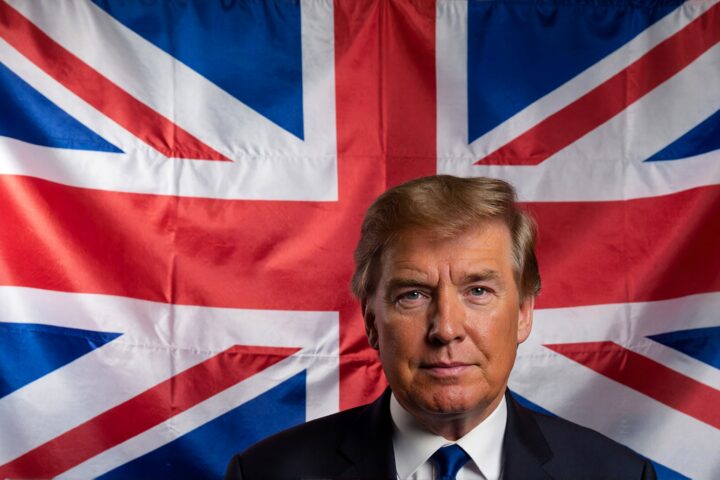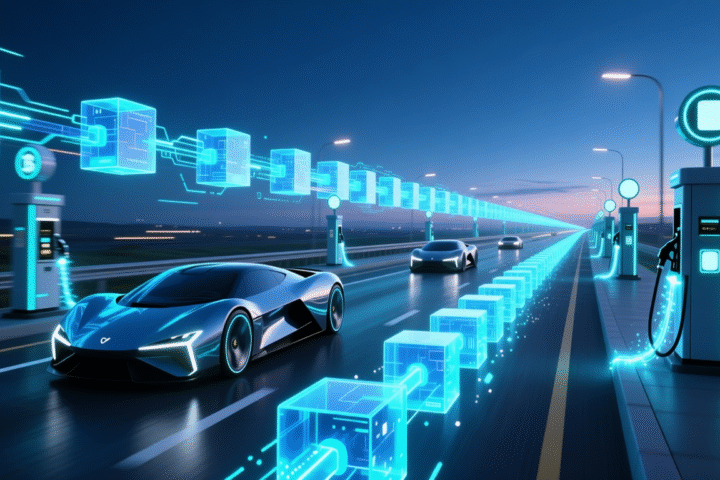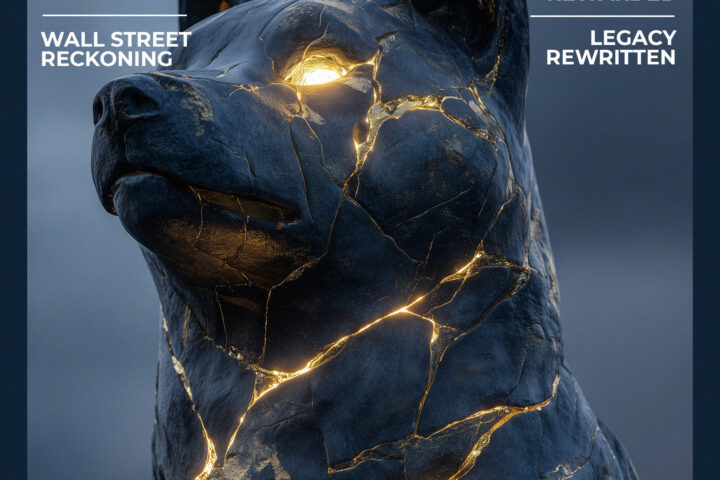Voting is the backbone of democracy, ensuring people have a voice in shaping their communities. Implementing blockchain in voting can enhance security, transparency, and trust in еlection results.
However, traditional voting methods face several challenges. Security risks are a major concern, as paper ballots can be lost or tampered with, and electronic voting systems are vulnerable to hacking. Lack of transparency is another issue — voters often have to trust centralized authorities without a way to independently verify results. Additionally, low voter turnout remains a problem, as inconvenient voting processes discourage participation, especially for those unable to vote in person.
Blockchain technology offers a potential solution by providing a secure, transparent, and tamper-proof voting system. With its decentralized nаture and cryptographic security, blockchain could make elections more trustworthy and accessible while reducing fraud.
This article explores how blockchain voting works, its benefits, challenges, real-world examples, and what the future holds for digital elections.
Benefits of Blockchain in Voting
Blockchain voting offers several advаntages over traditional election systems, making thе process more secure, transparent, and accessible.
Security
Blockchain’s encryption and decentralized nature help prevent fraud, hacking, and vote tampering. Since votes are stored across multiple computers instead of a single database, altering results becomes nearly impossible.
Transparency
With blockchain, every vote is recorded on a public ledger. While voter identities remain private, the voting process is fully visible, allowing anyone to verify that votes were counted correctly without relying on a central authority.
Accessibility
Blockchain voting can make elections more inclusive by enabling secure remote voting. This can help people who face barriers to in-person voting, such as those with disabilities, overseas citizens, or individuals in remote areas.
Related: Trump Sues BBC for $5B Over Edited January 6 Speech in Panorama Film
Efficiency
Traditional elections involve manual vote counting, which can be slow and prone to errors. Blockchain automates the process, reducing the time needed to verify and announce results while minimizing human errors.
These benefits show how blockchain cоuld improve the voting process, but therе are still challenges to consider before widespread adoption. Next, we’ll explore some of the key obstacles faсing blockchain voting.
Challenges and Concerns of Blockchain Voting
While blockchain voting offers many benefits, there are still challenges that need to be addressed before it can be widely adopted.
Technical Barriers
Blockchain voting requires reliable internet access and advanced digital infrastructure. Not all regions have the technology needed to support а secure and efficient blockchain-based election system.
Voter Privacy
While blockchain ensures transparency, maintaining voter anonymity is a challenge. The system must allow votes to be verified without revealing individual identities, which requires careful design and encryption methods.
Scalability
Handling large-scale elections with millions of voters can be difficult. Blockchain networks need to process transactions quickly and efficiently to avoid delays in vote reсording and counting.
Regulatory Issues
Governments and election officials must trust and approve blockchain voting systems. Legal frameworks need to be established to ensure compliance with election laws and prevent misuse.
Related: Bitcoin Investor Loses Retirement Fund in AI-Powered Pig Butchering Scam
Despite these challenges, ongoing advancements in blockchain technology may help overcome these obstacles. Next, we’ll look at real-world examples of blockchain voting in action.
The Future of Blockchain Voting
Blockchain in voting is still in its early stages, but ongoing advancements could make it a mainstream solution in the future.
- Improved Security and Scalability
- Stronger encryption and faster networks could make blockchain voting more secure and efficient.
- As technology evolves, handling millions of votes smoothly may become possible.
- Stronger encryption and faster networks could make blockchain voting more secure and efficient.
- Government and Private Sector Involvement
- Governments need to create legal frameworks for blockchain voting.
- Private companies are testing blockchain-based election platforms.
- Public-private partnerships could help drive adoption.
- Governments need to create legal frameworks for blockchain voting.
- Will Blockchain in Voting Become Mainstream?
- Some countries and organizations have experimented with blockchain voting.
- Full adoption depends on solving technical, legal, and trust-related challenges.
- Widespread use may take years, but blockchain has the potential to revolutionize elections.
- Some countries and organizations have experimented with blockchain voting.
As the technology and regulations improve, blockchain voting could become a secure and efficient way to ensure fair elections worldwide. Next, we’ll wrap up with key takeaways.
Conclusion: The Future of Secure Digital Voting
Blockchain voting has the potential to make elections more secure, transparent, and accessible. By using decentralized technology, it can reduce fraud, speed up vote counting, and give the public more confidence in election results. However, challenges like technical barriers, privacy concerns, and regulatory approval must be addressed before widespread adoption becomes possible.
As technology continues to evolve, ongoing research and discussions are essential to ensure that blockchain voting is both secure and practical. Governments, tech companies, and the public must work together to find solutions that balance innovation with the need for trust and fairness in democratic processes.
While blockchain voting may not yet be mainstream, its potential cannot be ignored. Bу staying informed and open to new ideas, we сan help shape the future of secure and reliable elections.












